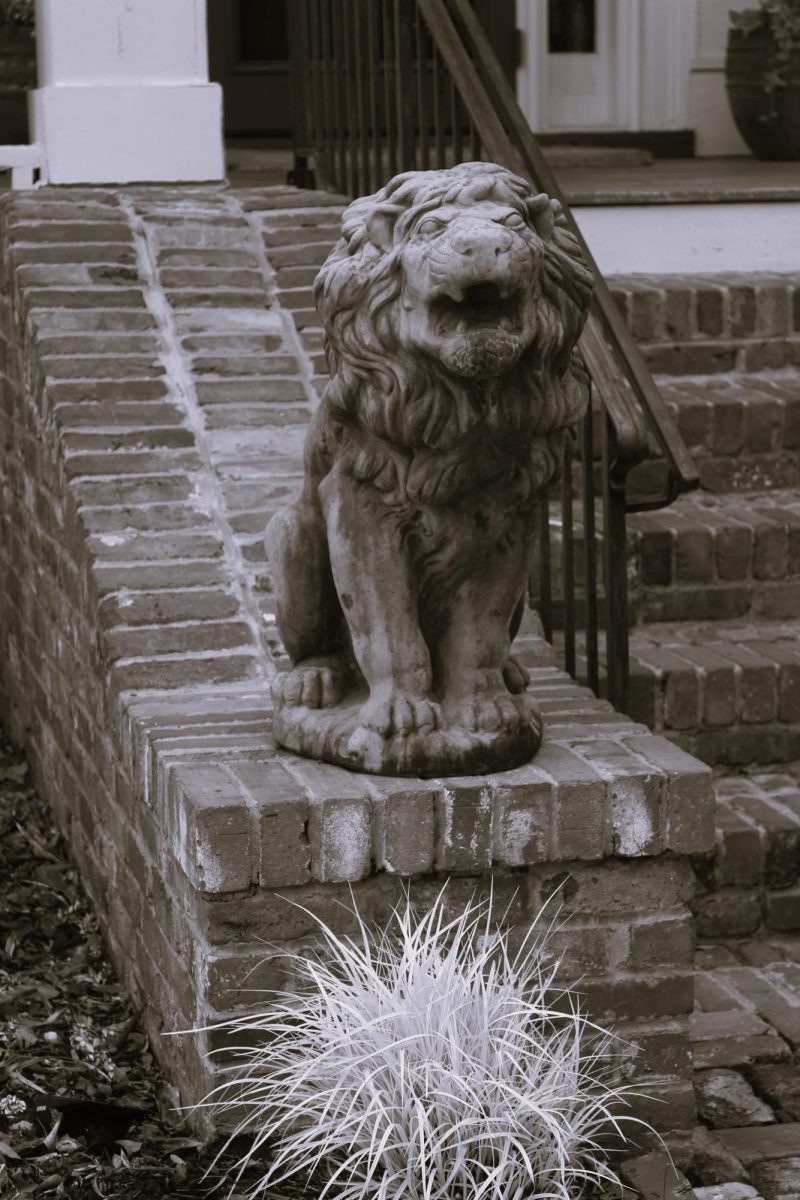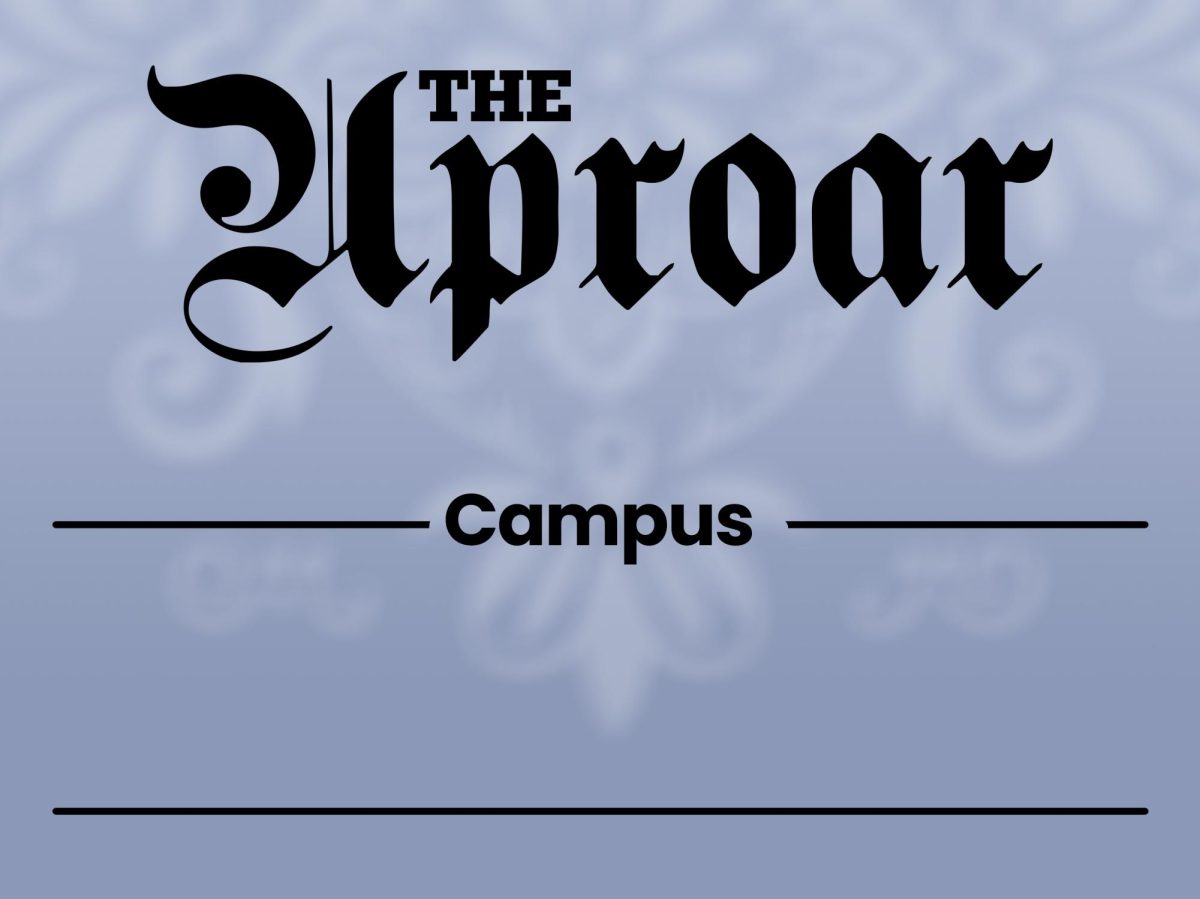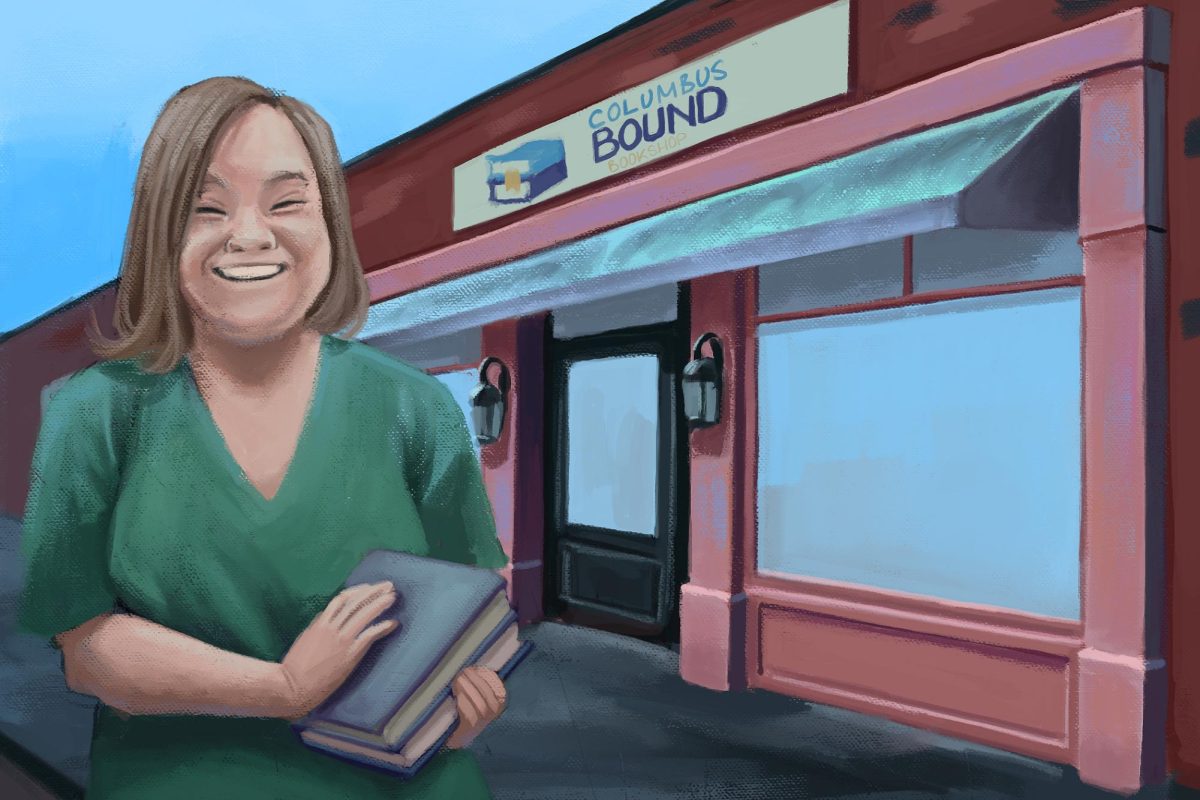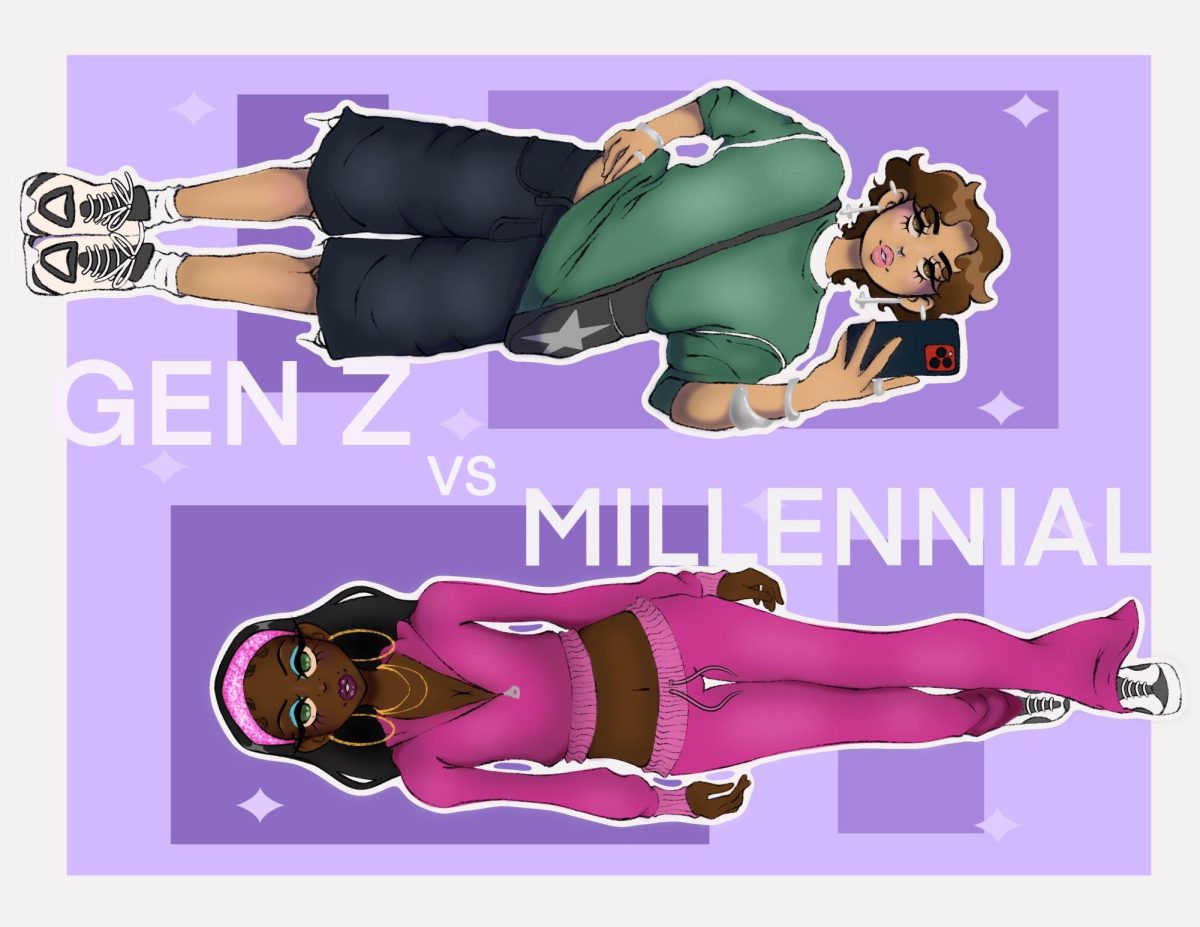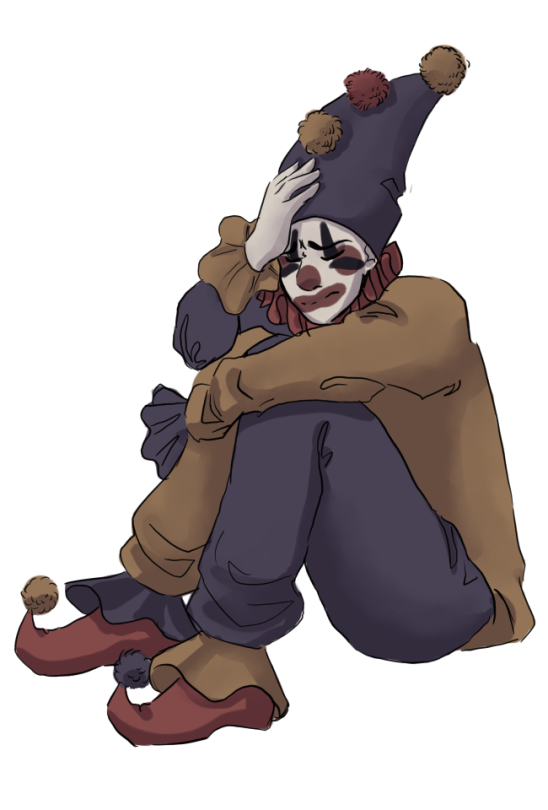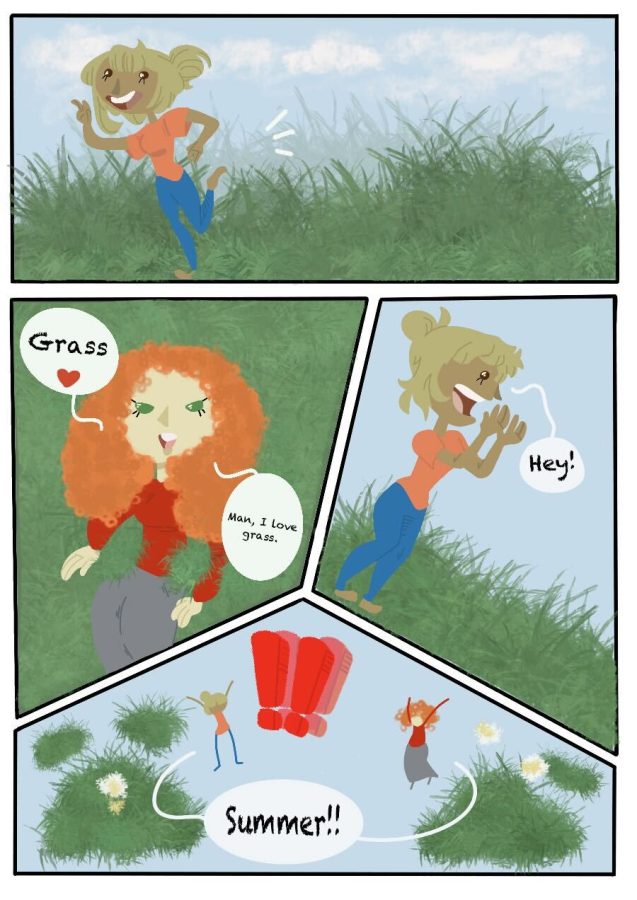“The truth does not change according to our ability to stomach it.”- Flannery O’Connor
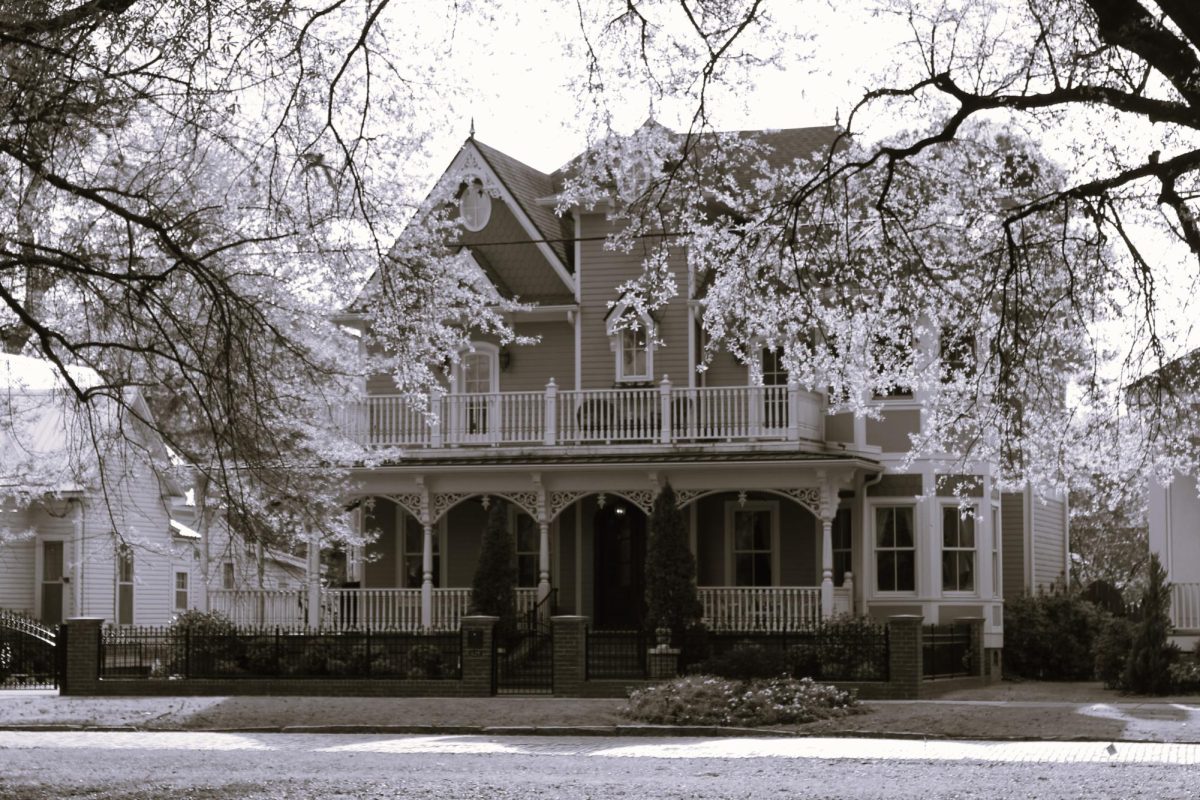
It is a cool Wednesday evening. The sun is beginning to set, and the sky is casting a dark blue hue through the window. We have just made our way back to my dorm after spending 30 minutes eating and not eating the cafe’s overly cooked hamburgers and shoestring fries. As we ascend the steps and enter my room on the second floor, there is a shift.
About a week ago, I asked Carolina if she’d be willing to be the subject for my feature story. I had the idea to discuss southern scholarship and our connection to it, and she was more than happy to oblige. We first met each other during an Honors 3555 Study Away Trip to New Orleans, where we bonded over our connection to southern culture and the world of academia.
Carolina was of average height, had blue-green eyes, and shoulder-length, mousy brown hair, but it was her kind and friendly disposition that attracted me to her the most. Sitting in the seat directly in front of me, cross stitching a landscape, Carolina paused for a moment to introduce herself to me. I can’t remember exactly what she said, but from that moment on, we were friends. It wasn’t until months later, in the middle of the summer, did we form a deeper friendship, one centered around our love for the south, southern scholarship, and academia….
It’s around 7:45 and I open my laptop. Carolina sets her stuff down and takes a seat at my desk turned vanity. I climb onto my bed and begin to mentally prepare for the interview. I freeze for a second as I question whether or not this is a good idea.
What if we get into trouble? What if we start something that we’re not supposed to? What if our perceptions of the south aren’t so similar after all? Will we still remain friends? What if–?
I look over to Carolina and see that she is nervous, too. This would be the first time in which she discussed herself, her family history, and her connection to the south. This would also be the first time in which she opened up to anyone, other than me, about her experience in the history department. A culmination of things unsaid, unknown, and perhaps unwilling.
Carolina begins by telling me that her first encounter with history was in the form of reading. In 2008, she discovered the widely popular, Dear America series, a collection of books detailing the lives of young girls throughout history in the form of diary entries. To her, the books provided a bit of understanding regarding herself and her family history, as they helped her to realize how much history is connected to and often driven by one’s family history.
With a dad that was adopted and a grandfather who doesn’t share much of his past, Carolina was left to pick up the pieces and make sense of an already confusing family history. Returning to the connection between history and self, Carolina decided to draw inspiration from her surroundings, leading her further to the truth between what history is and who creates it.
“I didn’t start out as a history major,” said Carolina. “I was undeclared for a while, and it wasn’t until the first semester of my sophomore year that I finally made the decision to pursue history.”
Carolina credits Dr. Banks of the history department and Dr. Lynch of the honors college for helping her make this decision.
“Growing up, I was often told that I was smart, capable, and able to do anything I set my mind to,” said Carolina. “But entering into college was different. There wasn’t anyone there to tell me that I was smart, or capable, or able. The pressure was on me to tell myself those things, but I didn’t exactly know how.”
Allowing both Dr. Banks and Dr. Lynch to pour into her unlocked a brand-new level of understanding. Carolina was able to see that life doesn’t begin and end with what is or is not being said about you. Real strength comes from within.
Although this revelation allowed for some things to be unlocked, others remained a mystery and struggle. Hailing from the south, Carolina was particularly interested in southern landscape, southern folklore and southern history. Attending college in a historically rich city, Carolina thought it was a great idea to study Muscogee folklore and hoped to further her understanding of the space in which she occupied.
“I’m really into southern folklore but felt like the history department wasn’t the right place for me to explore the topic.”
Satisfied with the classes offered and topics discussed by the department of history, Carolina still had the desire to see herself and her people represented in academic spaces.
“My classmates view the south and southern history very stereotypically. No one cares to think about the fact that America and American history got its start right here in the south via Jamestown, Virginia.”
Everything started in this region, yet southerners and their history are not legitimized in the scope of both American and world history.
As our conversation ends, I look over my computer and out at Carolina. She’s shifted in her seat a little, sitting much closer to the edge than before but her face is the same: soft, friendly, and a little more open. I finish typing my last few notes and then end the recording.
As I close my laptop, I say to my friend, “You know, this is bigger than you and me. What we’re doing here extends beyond this room.”
I think she knew what I meant as she looked at me but didn’t say anything. As I type this now, I’m thinking about Carolina, myself, and the countless other people who share a passion for southern scholarship. To us, it’s not just “folklore” or meaningless stories passed down from generation to generation. It’s our life. Our livelihood. And without it, we wouldn’t exist.
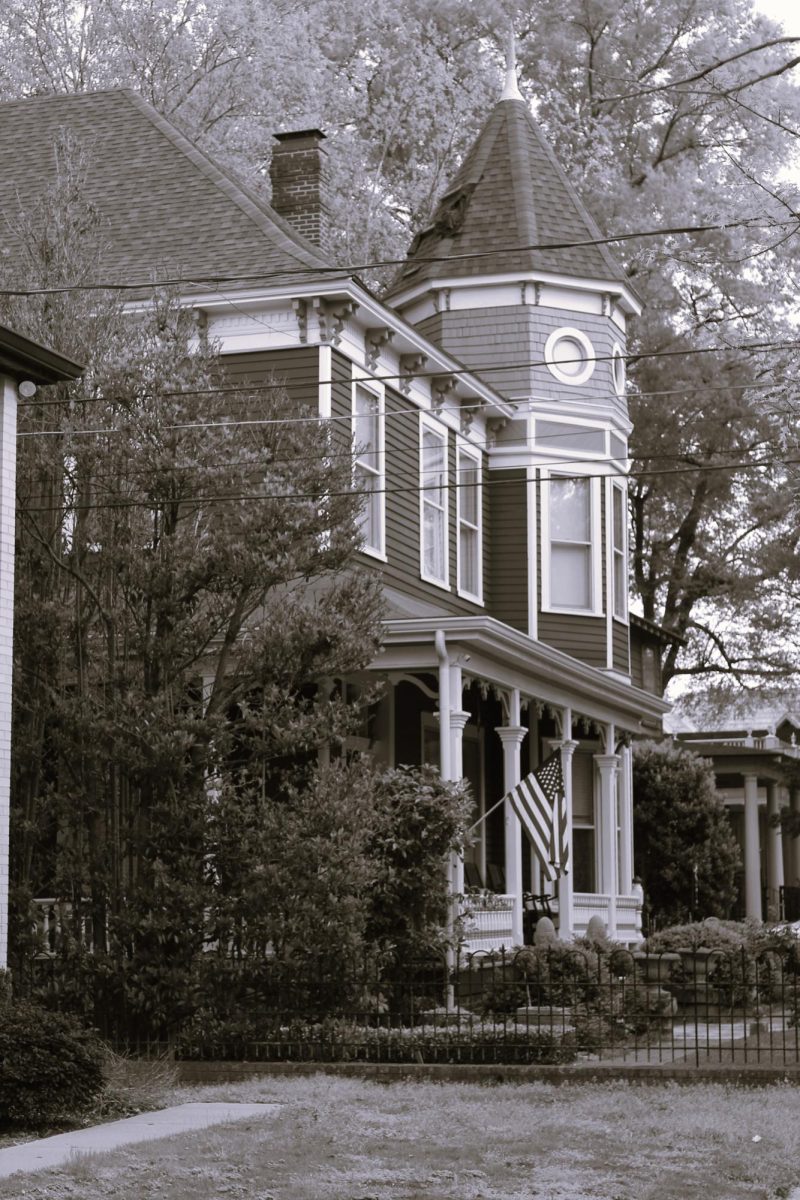
***
The world is constantly changing and it’s our job as humans to change with it. Oftentimes I’m unsure of how to change, whether it be through the words I speak, the books I read, or the things I see. But what I do know is that time waits for no one, and waiting around for things to change just won’t do. Therefore, with this story, my hope is that you challenge yourself to look beyond what’s presented to you and draw your own conclusions. What does your Southern livelihood look like and what does it mean to you? How can you take the feelings associated with that livelihood and use it to cultivate a unique form of freedom? Once you answer these questions, you’ll be able to understand what it means to be a southerner.



